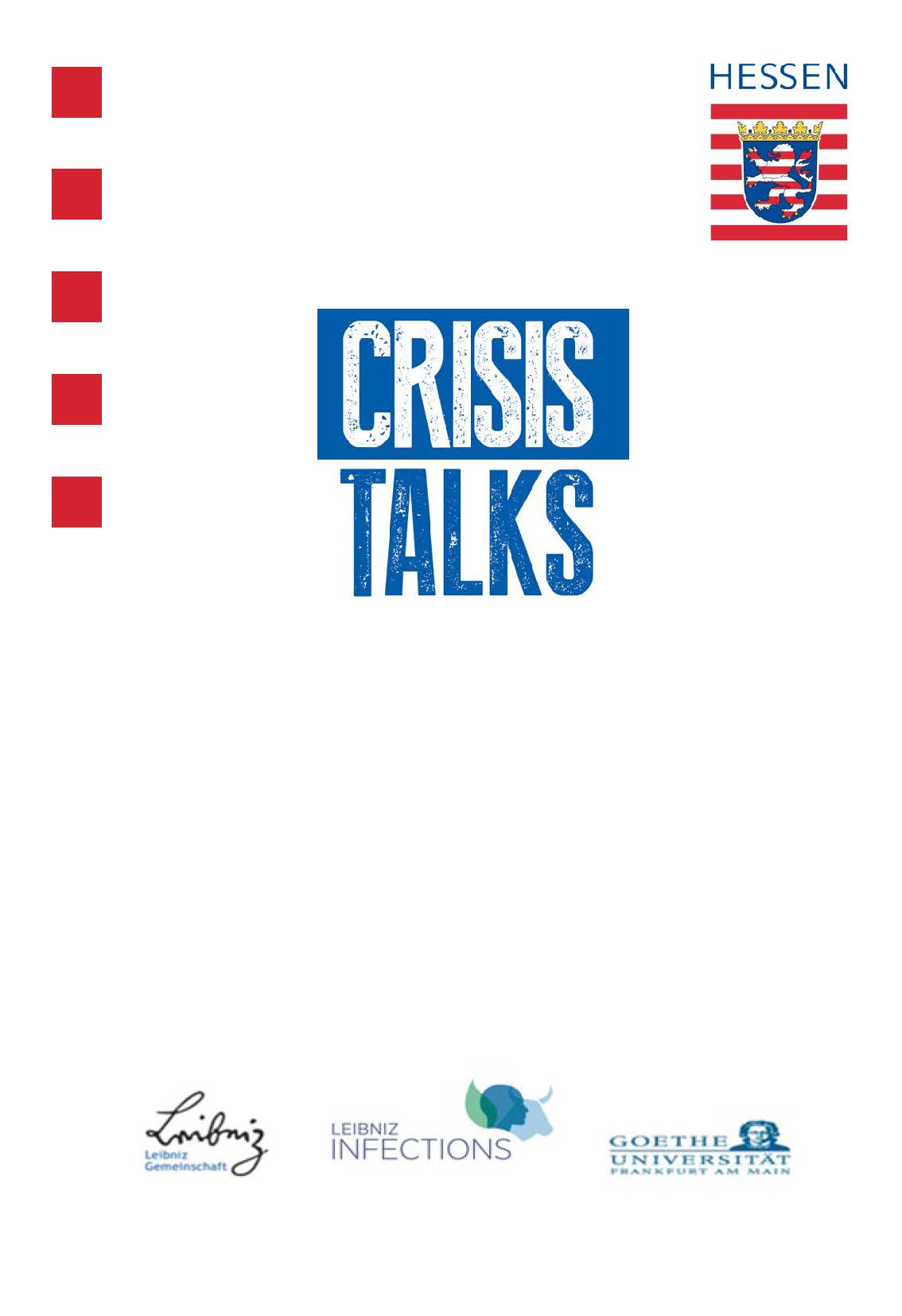Coming to terms with colonial violence – possibilities of postcolonial politics of remembrance
For a very long time, European countries suppressed or even legitimized their own colonial history instead of dealing with its consequences in public. In the meantime, however, looted art, monuments and street names are just as much the subject of public debate as whitewashing narratives of the colonial past. As a result, truth commissions have been set up to come to terms with colonial violence. In 2021, Germany officially apologized for its role in the murder of thousands of Herero and Nama, Belgium asked for an apology for its role in the murder of Patrice Lumumba, Italy for the colonial attacks on Libya – to name just a few examples. Possibilities for rehabilitation, compensation and restitution are being discussed politically. So far, however, disputes about who should be liable for how long and for what share of history have mainly taken place within the framework of national politics. A European exchange should serve to discuss Europe’s historical responsibility for colonial violence and its ongoing consequences at EU level.
Program
Greeting
Lucia Puttrich
Hessian Minister for Federal and European Affairs
Dr. Stefan Kroll
PRIF – Leibniz Institute for Peace and Conflict Research
Impulse
Dr. Sabine Mannitz
PRIF – Leibniz Institute for Peace and Conflict Research / Research Centre “Transformations of Political Violence” (TraCe)
Panel discussion
Dr. Sabine Mannitz
Salima Yenbou
Member of the European Parliament
Laura Gaëlle Ganza
Sociocultural worker / Independent consultant
Moderation: Alexander Göbel, freelance journalist
The event will be simultaneously interpreted (English/German).
The event takes place both analog and digitally.
Follow the event on the YouTube channelchannel Hessen in Berlin and Europe. Via streamline@lv-bruessel.hessen.de you can ask your questions.
Organizer:
The Hessian Minister for Federal and European Affairs and Lucia Puttrich and the Leibniz Research Network “Environmental Crises – Crisis Environments” together with the
Research Centre “Normative Orders – Goethe University Frankfurt



